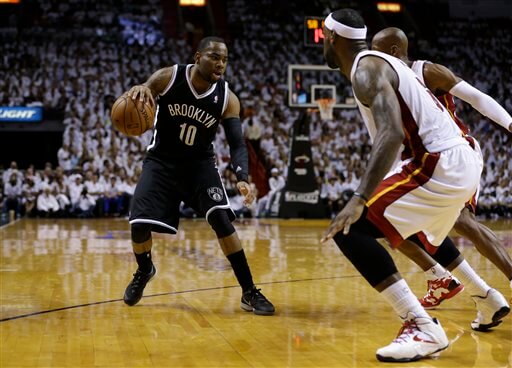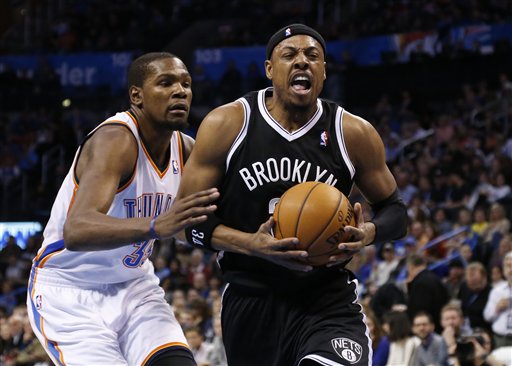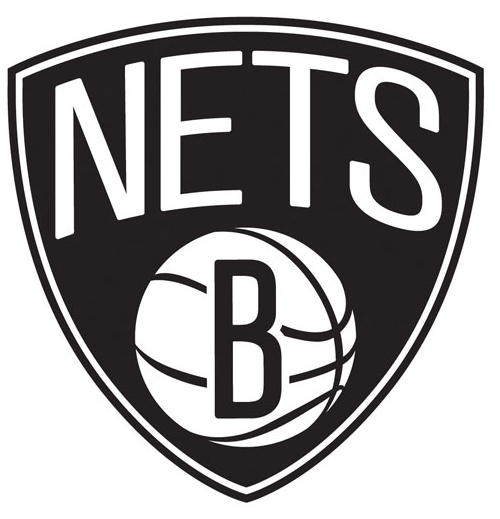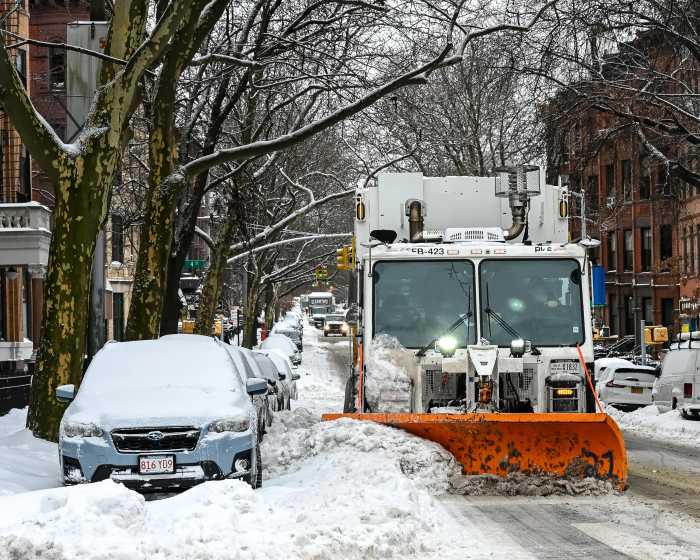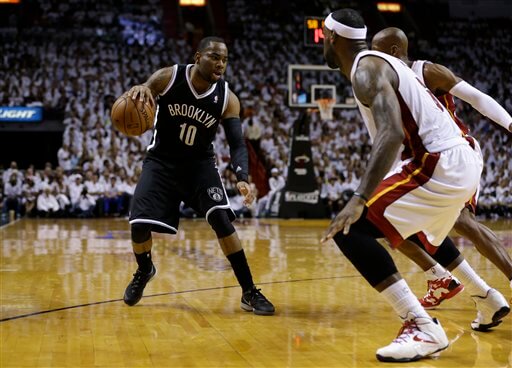
The Brooklyn Nets are NBA bank-breakers. Their unprecedented $90 million luxury tax bill alone in 2013-14 is higher than any other team spent on their roster.
But after a lavish year and a second-round exit, could the Nets cut all the way into not spending any money on tax at all?
$77 million. That’s the unofficial magic number (it won’t be cemented until the NBA’s audit in July), first reported by CBA expert Larry Coon, of the 2014-15 NBA luxury tax projection.
It seems unfathomable after the Nets paid a record luxury tax bill in 2013-14, shelling out close to $200 million in roster and tax fees. But if a few things break in the inexpensive direction, there’s a slim chance that the Nets could actually end up on the other side of the luxury tax line this year.
The biggest piece of the puzzle is 37-year-old center Kevin Garnett, who may consider retirement this season. If Garnett decides to stick around and the Nets don’t make any major moves with their key players, they’ll assuredly stay above the tax line.
Nets general manager Billy King, who control these personnel decisions, downplayed the possibility of Garnett leaving, saying Wednesday that he’s operating under the assumption Garnett will be back.
But if Garnett retires, that puts the Nets in under-tax territory, with $73 million committed to seven players.
That doesn’t do it alone, though. The Nets have four players with salary options to return: Andrei Kirilenko ($3.3 million), Andray Blatche ($1.4 million), Alan Anderson ($1.1 million), and Jorge Gutierrez (non-guaranteed $816,000). Blatche has already said he’ll opt out of his contract, becoming an unrestricted free agent.
Even if all four opt out, the Nets would still need to sign at least five players to fill their roster. Even signing five for the minimum salary would put the Nets above the luxury tax, unless they signed five rookies, which they wouldn’t do.
That’s why you might see Marcus Thornton on the trade block. Thornton, who emerged this year as a quick, fun scorer who rarely passes, has an expiring contract worth about $8.6 million.
Removing Thornton from the books entirely, or taking on a smaller contract in return, would enable them to make a competitive offer for both Blatche (depending on the market for the seven-footer) and Shaun Livingston, while still potentially holding on to Andrei Kirilenko.
But it would also mean most likely relinquishing Paul Pierce, whose playoff heroics helped propel them past the first round. The Nets may not have a choice in that matter if Pierce chooses to go elsewhere, but they can also offer him more money than anyone else thanks to owning his full Bird Rights.
The odds are slim. It requires a few dominos to fall, and it’s hard to imagine Garnett leaving $12 million on the table. If he opts in, there’s no realistic scenario where the Nets get under the tax unless they trade either Deron Williams, Brook Lopez, or Joe Johnson, which would signify a huge stylistic shift in the Nets’ philosophy.
But there’s also a few benefits being under the luxury tax that you don’t get as a taxpaying team. Your team gets a share of the revenue from tax-paying teams. You can accept players in sign-and-trade deals that put your salary cap up to $4 million above the tax. You have a larger mid-level exception, with a starting salary about $2 million higher and one year longer. The Nets have a high valuation, but owner Mikhail Prokhorov also spent excessively on a 44-win team, and might want to curb that spending in anticipation of greener pastures.
Most importantly for the Nets, avoiding the tax in 2014-15 would mean that they avoid the dreaded repeater tax in the future, which adds one dollar for every dollar spent if you’ve been in the luxury tax for three of the last four seasons. The repeater tax would’ve added over $30 million to the Nets payroll this season.
The Nets have been over the luxury tax threshold only for the last two years, meaning that they won’t pay the repeater tax in 2014-15 no matter what they spend this offseason. But if they pay the luxury tax in 2014-15, it’ll trigger the repeater rate for 2015-16, which would restrict the Nets going forward.

